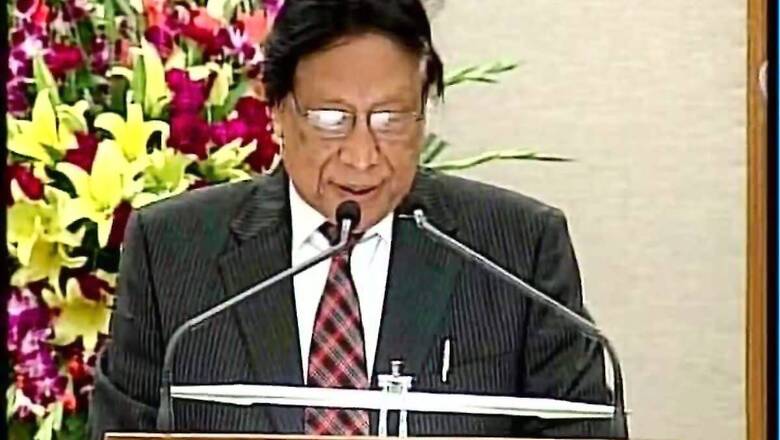
views
Despite the central government having been exclusively engaged with the Th. Muivah-led NSCN-IM since the last over 23 years, peace remains elusive in the region. The high-profile reception accorded to Th. Muivah and his colleagues by the political and security establishment of the government for the last over two decades is unparalleled in the history of the country.
By design or default, the government raised the NSCN-IM to the highest pedestal to the exclusion of all other stake holders in the Naga political issue believing that a settlement with them would usher peace and stability in the Naga areas of North-East India. However, even after more than two decades of high-profile engagement and frequent claims, both by Delhi and the NSCN-IM that the final peace deal was within grasp, the resolution of Naga imbroglio remains elusive as ever.
Of late, the NSCN-IM has become more strident in its criticism of the government interlocutor seeking his replacement for his alleged high-handed behaviour after becoming the Governor of Nagaland. A majority of Nagas perceive it as a ploy to delay the settlement so that they can continue to enjoy the fruits of endless ceasefire to the exclusion of others.
Delhi has, so far, shunned every other stake holder in the Naga society, including a number of other Naga armed groups, who might be relatively smaller in military terms, yet each has a niche constituency of its own in the Naga tribal society.
Of late, it is becoming increasingly more obvious that the aspirations of the majority of Naga people are not aligned with those of the NSCN-IM. The appeals of the apex Naga tribal bodies of all the 14 tribes of Nagaland and all the village chiefs of the State under the banner of their apex body, the ‘Nagaland Gaon Burha Federation’, to Prime Minister Narendra Modi and other dignitaries of the government not to listen to the noise of NSCN-IM reflect their intense distrust of the NSCN-IM in general and Tangkhul tribe of Manipur in particular.
Since almost all the senior leaders of NSCN-IM are Tangkhuls of Manipur, the distrust of Nagas of Nagaland towards them is acute. Such a distrust is not without reason. When the leaders of ‘Naga Peoples Convention’ were negotiating with Delhi for a separate State in 1958-60, some of them, including Chiten Jamir, had gone to Tangkhuls and sought their opinion to join the state being newly created. Tangkhuls had declined to join Nagaland state. However, towards the end of 1970s, Thankhuls had grabbed the leadership of Naga national movement and killed thousands of Nagas in their bid for supremacy. In popular social conversation, Muivah is referred to as a terrorist. Nagas of Nagaland have documented the village and tribe wise accounts of killings by the Muivah-led NSCN-IM.
Over two decades of Delhi’s exclusive engagement with NSCN-IM has not helped the Tangkhul leadership gain acceptance in Nagaland. Attacks on the Wungram Tangkhul Colony in Dimapur by the civilian Nagas, attack and destruction of Mukalimi camp of the NSCN-IM in Zunheboto district by the Sema Nagas, lynching of the NSCN-IM cadres by the Lotha civilians at the Football Stadium, Wokha are some of the glaring illustrations of hatred of Tangkhuls and their non-acceptance in Nagaland.
The overwhelming Naga family has some 20 tribes, of which 14 are in Nagaland who constitute 80% of all the Indian Naga population. Since the Nagas of Nagaland have made obvious their dislike and distrust of the Tangkhul led NSCN-IM, would it be wise for the central government to continue patronising the organisation and taking them as the sole representative of the Naga people?
Like the Muslim League in British India that represented only a fringe, nonetheless the militant fringe, of the Indian Muslims, the NSCN-IM represents only a minority of Nagas. The consequence of British mistake was the Partition of India, the consequence of taking NSCN-IM as the sole representative of Nagas would push the Naga tribes into an endless fratricidal violence at the sensitive Indian Frontier in the North-East. It may even destabilise the entire North-East.
The NSCN-IM might have impressed the central government with its military prowess, but those in Delhi should not forget that Nagas are a proud warrior race and if the voice and sentiment of majority of them are ignored, a deal with NSCN-IM alone will be a sure recipe for bigger violence in future.
(The author is Assistant Professor, SSS, JNU, New Delhi. Views expressed are personal.)










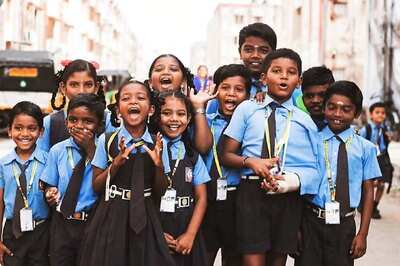



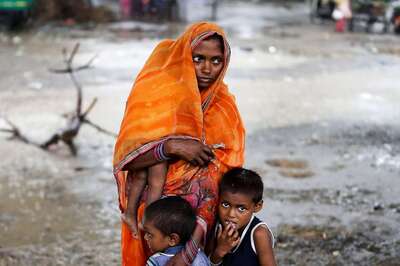
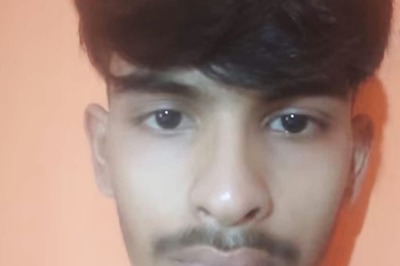
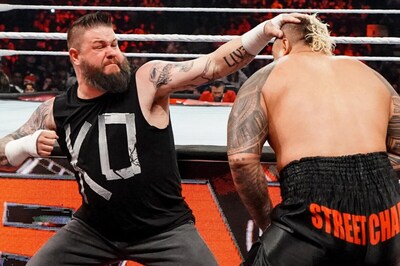


Comments
0 comment